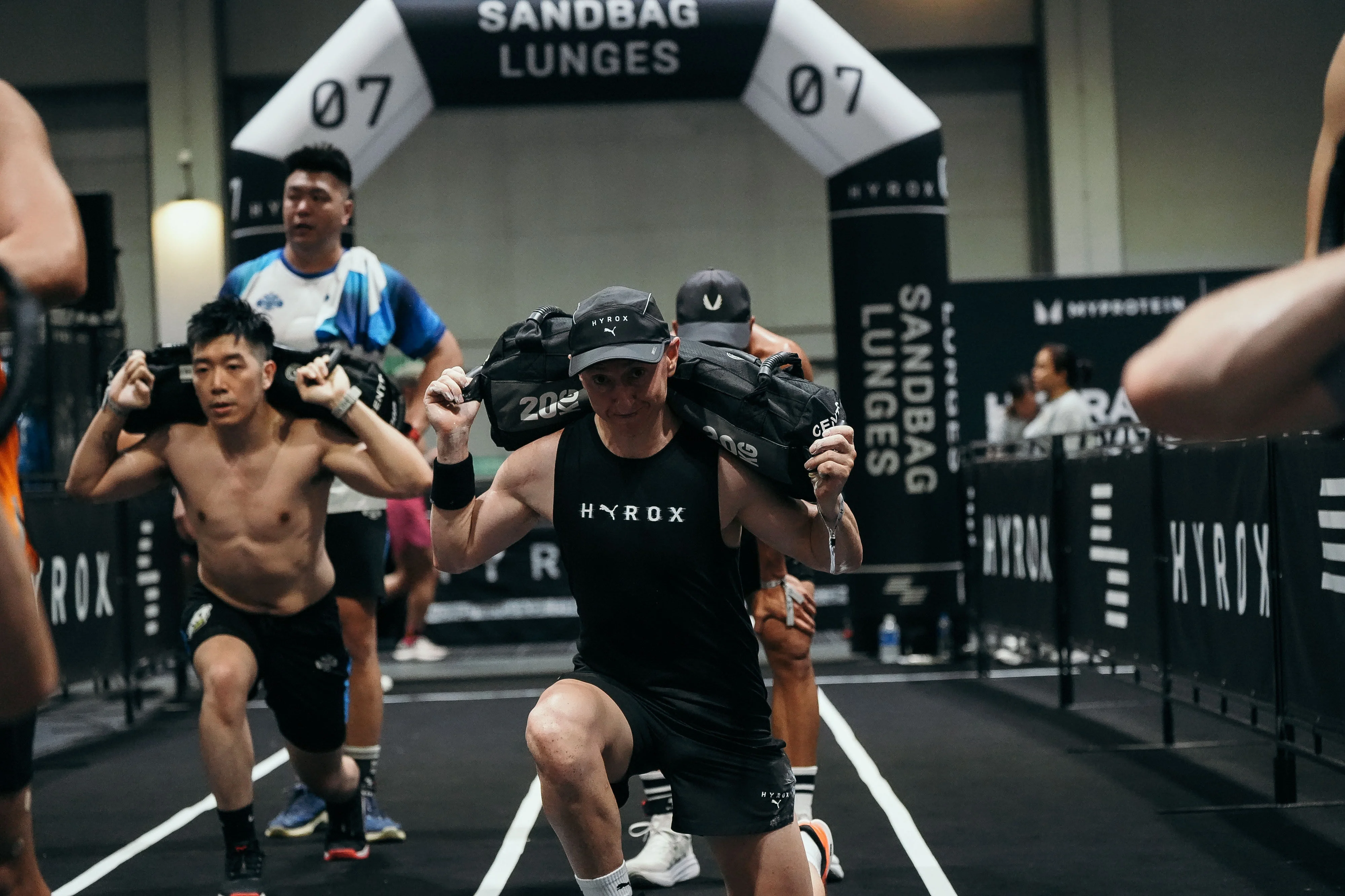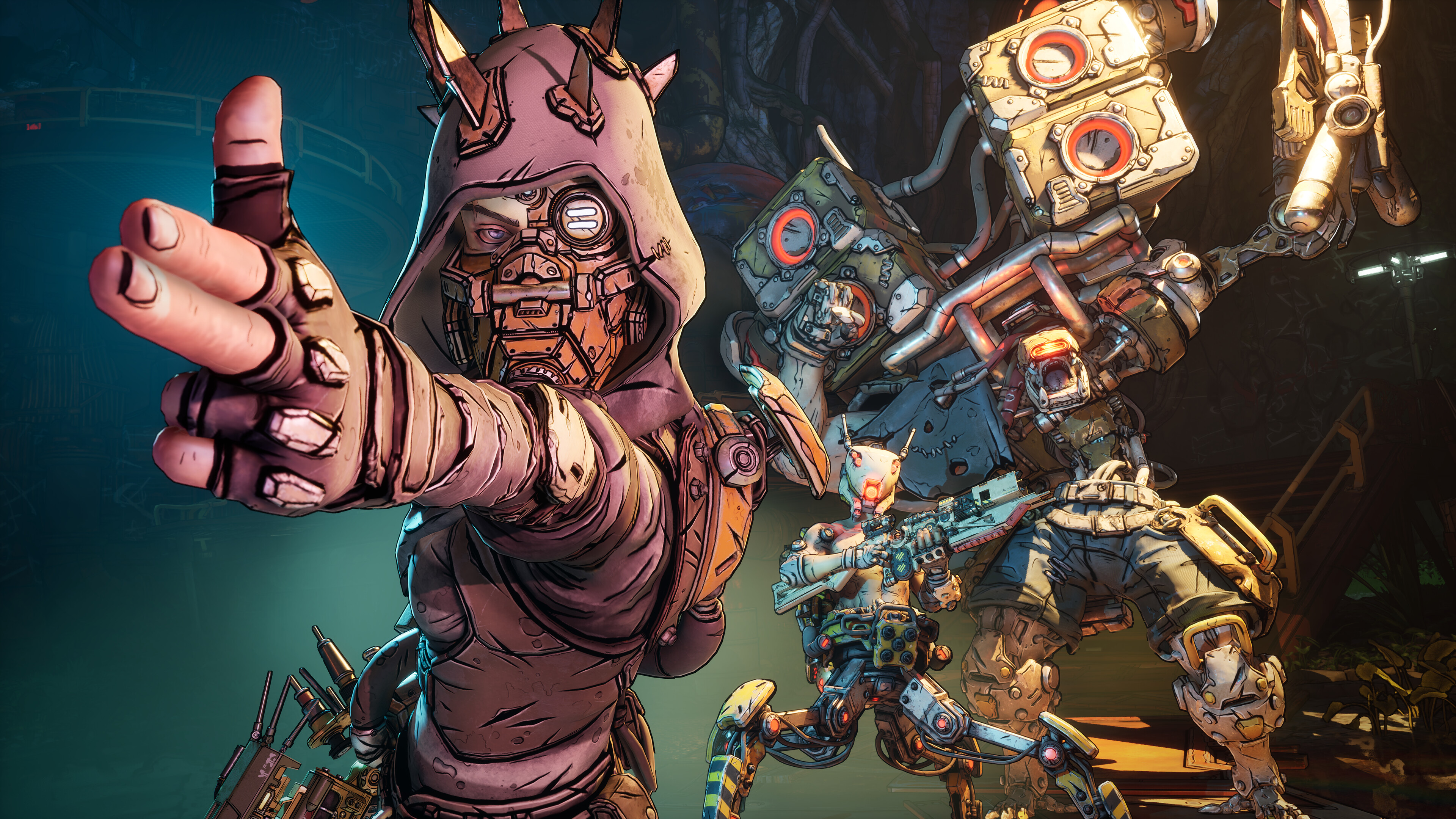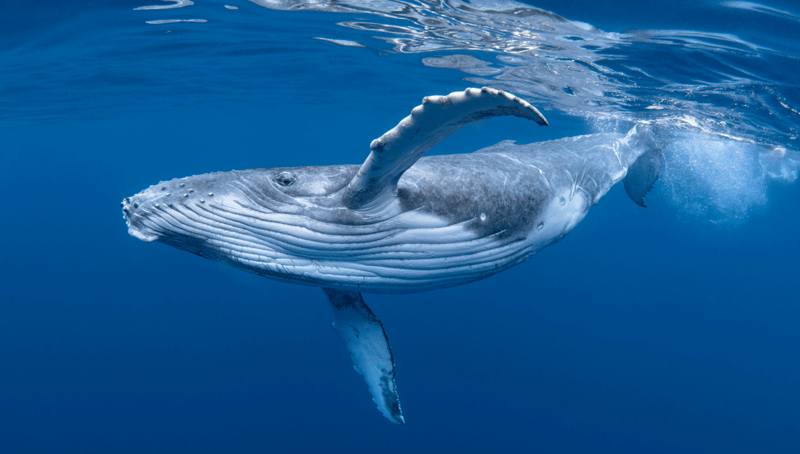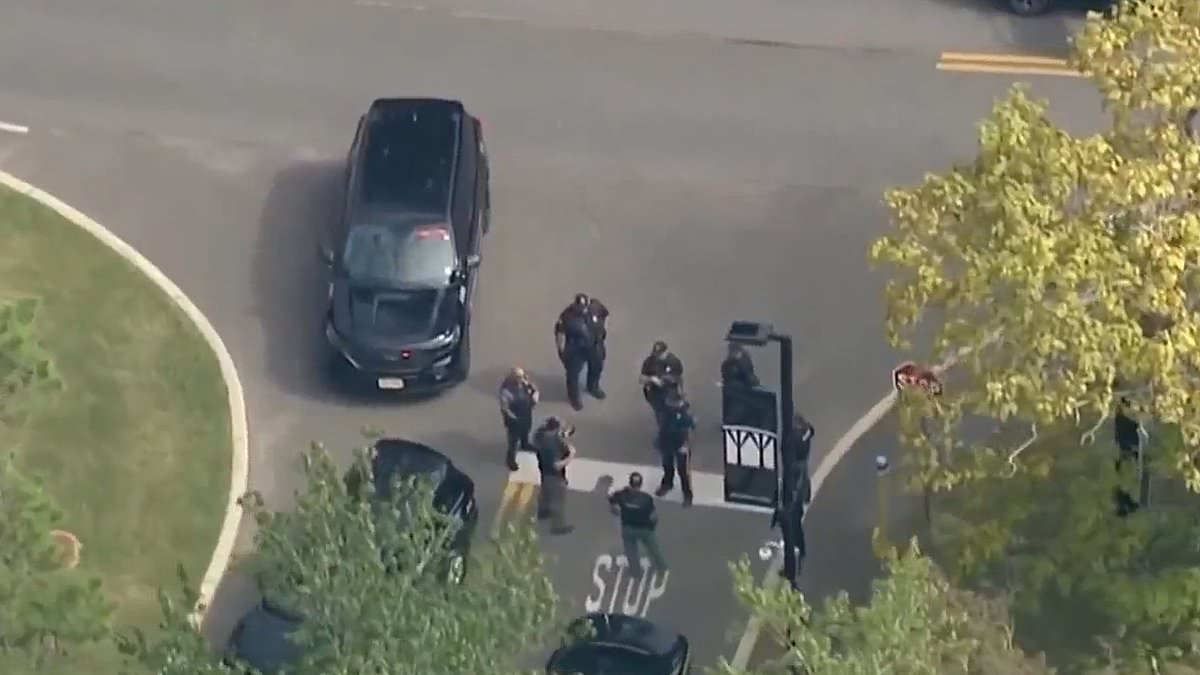By Bhakti Mathur
Copyright scmp

Douglas Bray has overcome more challenges than most of us in the last four years.
The Hong Kong business owner was diagnosed with a rare type of cancer in September 2021. Three months later, he and his wife separated. A few weeks after that, he was in a scooter accident and suffered a serious tear in the anterior cruciate ligament in his knee.
Here is how, after hitting rock bottom, Bray took charge of his physical and mental health and underwent a transformation to compete in daunting athletic challenges.
Bray, who grew up in Brisbane, Australia, has called Hong Kong home since 2010. In August 2021, he fell during a tennis lesson after he felt a sharp pain in his left leg. Several scans revealed an abnormal bone growth in his hip and a large lesion on his pelvic bone. A biopsy found it to be chondrosarcoma, a rare form of bone cancer.
“I was in shock. I suddenly had to confront my mortality in a way I never had before,” says the 38-year-old, who had had many benign tumours – known as osteochondromas – on the surface of his bones when he was growing up.
He had several of them removed, from his shoulder at age 8, his scapula at age 10 and his knee at age 27.
“I’d grown up with this condition, yet I never imagined one would turn malignant,” he says.
More difficulties ensued as he and his wife took steps to divorce, and weeks later, he lost control of an electric scooter as he was riding down Wong Nai Chung Gap Road on Hong Kong Island and ruptured his ACL.
“At least I had my dogs,” he recalls thinking. “They were my main source of comfort.”
In January 2022, Bray underwent a 10-hour surgery to remove his tumour at Hong Kong’s Queen Mary Hospital. To access the tumour, surgeons had to cut the obturator nerve that controls the muscles responsible for pulling the leg inward, and remove his left adductor muscle, which is important for thigh movement.
He was left with a 25cm (10-inch) scar and a hole in his inner thigh. He was not expected to be able to play tennis again.
“I remember sitting on the floor, attempting to bring my left leg inward, from a wide, splayed-open position – but it was lifeless,” he says.
It was during the Covid-19 pandemic, and Bray spent three weeks isolated in hospital after the surgery.
“Lying on the hospital bed in despair, I watched Rafael Nadal win his second Australian Open,” Bray says.
Nadal had lost the first two sets against Russian Daniil Medvedev, but against all odds clawed his way back and won the match.
“I was so inspired and decided to never give up,” Bray says.
The founder of Hong Kong childcare agency The Nanny Experts, Bray considers it a privilege to have been able to take time to heal.
“As a business owner in Hong Kong, I didn’t have to return to a job post-surgery. That flexibility allowed me to prioritise recovery.”
He was vulnerable, he says, and open about what he was going through.
“People showed up for me, from my church community to my nanny network, from old friends to professional contacts,” he says.
A WhatsApp group he created to keep his family and friends updated about his progress “carried me through one of the hardest chapters of my life”.
Before his surgery, friends recommended he listen to “24” by Kanye West and “Magic” by Kylie Minogue to help him overcome his fear. He asked them to share memories of their time together to lift his spirits.
“The loneliness was real,” Bray says, adding that ending a marriage and battling cancer simultaneously was at times crushing. He focused on positive thinking and turned to the mental health app Calm to develop mindfulness rituals. He also journaled and began writing poetry, which helped him process his feelings.
“My mindset is about progress, not perfection,” says Bray, who does not drink alcohol – when socialising, he drinks sparkling water with lime and mint, as it “feels celebratory without the consequences”.
His journey back to fitness began during a visit to Australia in July 2022, when he took up strength training after being urged to by his childhood friend Quoc Nguyen.
“I hadn’t stepped into a gym in over 15 years. I was emotionally raw, physically depleted and had zero confidence. Quoc pushed me, and that’s how I got started,” Bray says.
“So much of my healing has come from physical movement, and the lessons I’ve learned in the gym have transferred into every area of my life: discipline, persistence, resilience and confidence,” he adds.
July 25, 2023, marked a milestone: Bray’s first time on a tennis court since his cancer diagnosis, 607 days after his surgery. He now plays twice a week.
He also took up running and, in November 2024, joined a 10km (six-mile) run around a reservoir organised by the AVOHK (Athletic Veterans of Hong Kong). The run motivated him to go further.
In March this year, Bray completed the gruelling Lantau 70, a 70km race along the Lantau Trail with over 3,000 metres (10,000ft) of elevation, in 21 hours. It was a defining moment that motivated him to sign up for the annual Moontrekker nighttime race on Lantau Island, coming up in October.
He felt that he was “fully recovered” when he finished the Hyrox challenge in Hong Kong in July, alongside Nguyen, who had recently competed in Hyrox in Brisbane.
“I’d built it up to be much harder in my head than it turned out to be,” he says, adding that he and Nguyen “balanced each other well”.
Bray’s goal had been to enjoy the race, embrace the moment and finish in under one hour and 20 minutes – which he did.
“After the race, I felt fine – until about 20 minutes later when my hamstrings and legs completely locked up. I was on the floor in agony, yet laughing.”
Cancer has taught Bray life lessons.
“Life is short, and every day is precious. It taught me to be present, because even in the darkest circumstances, there is joy.
“Cancer taught me gratitude. I’m grateful for a second chance.
“Cancer has helped me loosen my grip on control. I’ve stopped trying to make sense of everything. Some things don’t have answers – and that’s OK.
“Cancer has taught me to experience life fully while I can. If you have a dream, make it happen while you can. While in hospital, I planned a trip to Paris to see Rafael Nadal play at Roland Garros – and I did it.
“The risk of living is better than the regret of waiting.”
He is now learning to play backgammon and taking dance lessons.
His advice to people going through a difficult time?
“Be kind to yourself. You are stronger than you think. You don’t need to hit rock bottom to start climbing. Start now. Start small. Just start.”
Like what you read? Follow SCMP Lifestyle on Facebook, X and Instagram. You can also sign up for our eNewsletter here.



